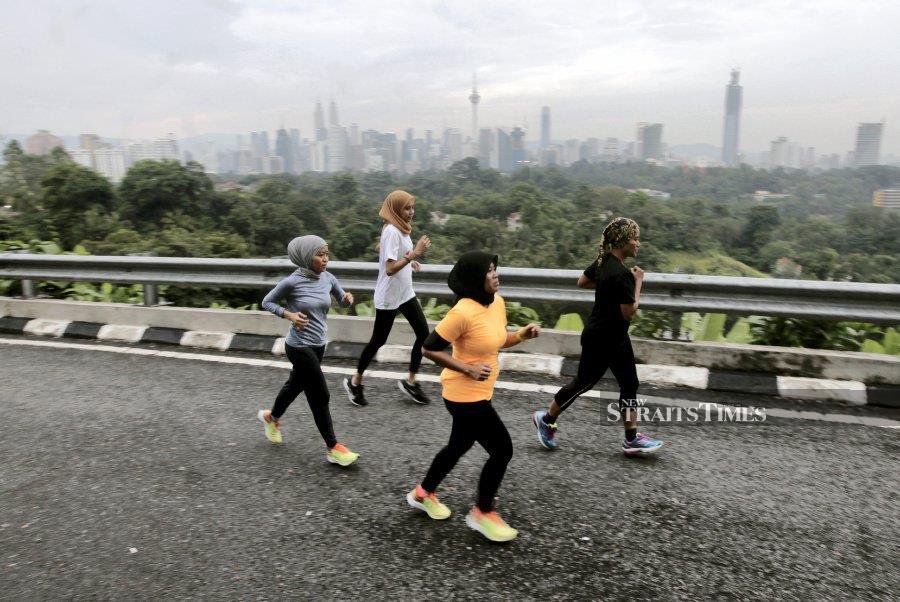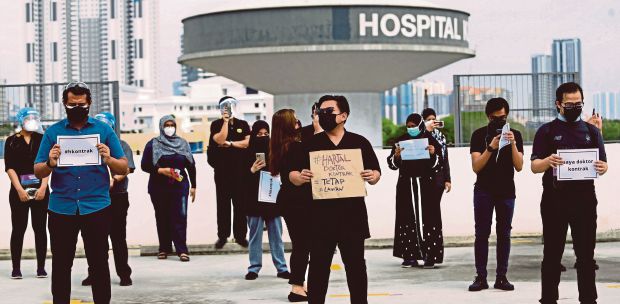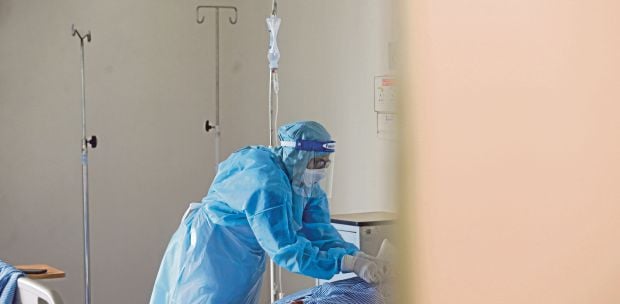The World Health Organisation (WHO) defines self-care as: "The ability of individuals, families, and communities to promote health, prevent diseases, maintain health and to cope with illness and disability with or without the support of a healthcare provider."
For the most part, self-care is about reducing stress and anxiety and of course a health regime that pays emphasis to healthful practices, like no cigarettes, pampering oneself every so often and maintaining a high level of hygiene.
Self-care is pivotal to a healthy lifestyle. Self-care is not self-indulgence. It is rather how we cope against modern urban life of unending stressors, the cause of much health travails that afflict far too many.
And as the Covid-19 pandemic has illustrated, the healthcare systems in most countries are vulnerable.
New York, for instance, has been swamped to such horrendous levels. And given how much self-care was instrumental in ensuring the control of the disease, if self-care had been the normative values of healthcare — washing our hands, keeping our distance from the infected, a common practice during flu outbreaks, wearing face masks, as is the practise in Japan to deal with the flu season — things might have been less dramatic.
Self-care would then be seen as what it is. It is healthcare. There would not have been the brouhaha about face masks as unnecessary and lockdowns as an assault on our freedoms, because we would be very aware of how these minor inconveniences work for the greater good.
Self-care is also about the relationship between humans and their pets. The calming effect that they bring to their humans is not to be minimised. The levels of de-stressing they provide for their humans have been found to be invaluable. A weekly spa, a massage help release stress, the cause of so much maladies. That self-care helps prevent the healthcare system from being overburdened is indisputable.
Indeed, how self-care can prevent the spread of the Covid-19 is uncertain. Why it far outstripped the severity of the seasonal flu has yet to be explained. Of course, high levels of hygiene among self-care practitioners would surely have made a difference.
It is then imperative that educating the public on self-care be pushed as a public health programme and there should be as much support as can be given to households to live the self-care way. The health infrastructure must be improved.
Playgrounds and recreational facilities must be improved. Schools must teach children self-care, most especially cleanliness. Though apparently intrusive, the Health Department must make effort to bring cleanliness into homes.
Imagine a public healthcare system which is tidily hooked into a society where the level of hygiene is cause for envy by the world. Self-care is the management of the self to energise and empower the self to be less reliant on the healthcare system.
Which then optimises the provision of healthcare services, while saving on the cost of the health service. This is because self-care is a conscious act one takes to promote one's physical, mental and emotional health.
In terms of public expenditure, it makes for a better controlled system, without unnecessary wastage.





